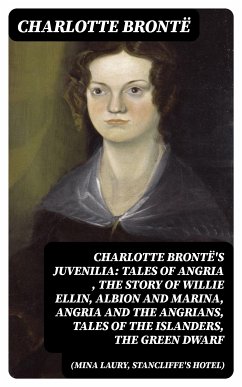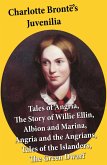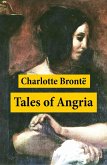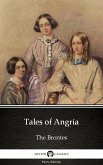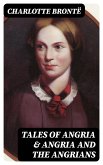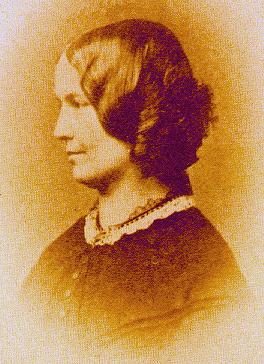In "Charlotte Brontë's Juvenilia: Tales of Angria," readers are invited into the imaginative realm crafted by a young Brontë, encapsulated in a collection of narratives that reveal her early literary experimentation. These tales, filled with elaborate characters and vivid landscapes, exhibit a rich tapestry of Romantic influences, intertwining elements of Gothic fiction with the emerging themes of personal angst and social critique characteristic of her later works. Through stories like "Mina Laury" and "Stancliffe's Hotel," Brontë's juvenile prose not only foreshadows her mature style but also serves as a crucial lens into her exploration of identity, love, and the complexities of human relationships in a patriarchal society. Charlotte Brontë, one of the most significant literary figures of the 19th century, was deeply influenced by her tumultuous upbringing and the literary milieu of her time. Born in 1816 in Yorkshire, England, she and her siblings created a fictional world known as Angria during their childhood, a creative endeavor that laid the foundation for her subsequent novels. This collection reflects her bold imagination and a fierce desire for self-expression, elements that were both cultivated and constrained by her societal environment. This collection is essential for readers who wish to delve into the formative stages of Brontë's literary genius. It offers valuable insights into her roots as a writer, revealing the prolific creativity that would later culminate in her renowned works. A journey through these tales not only enriches our understanding of Brontë's artistic evolution but also provides a timeless reflection on the struggles and aspirations that resonate across generations.
Dieser Download kann aus rechtlichen Gründen nur mit Rechnungsadresse in A, B, BG, CY, CZ, D, DK, EW, E, FIN, F, GR, H, IRL, I, LT, L, LR, M, NL, PL, P, R, S, SLO, SK ausgeliefert werden.

